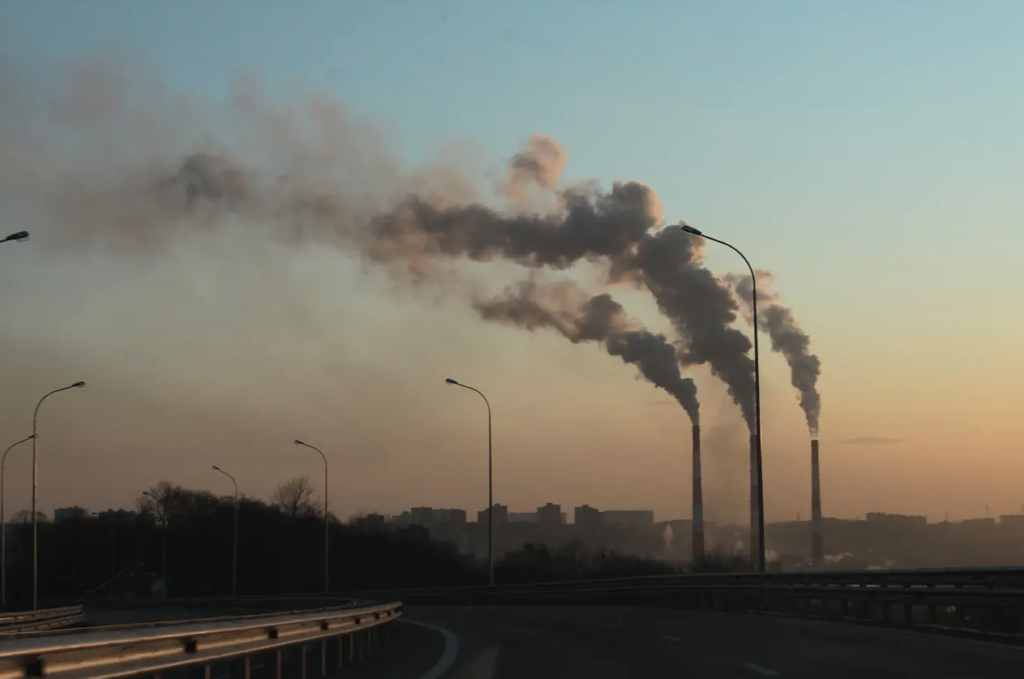Energy-related greenhouse gas emissions reached 34.4 GtCO2 in 2022
Despite the steady and rapid growth of renewables, the expansion of global energy demand still increases greenhouse gas emissions from fossil fuels. Last year, coal and gas together still accounted for 82% of the world’s total energy consumption, while energy-related emissions rose by 0.9% over the previous year.
These are the data provided by the Energy Institute, which this year edited the historic publication of BP, the Statistical Review of World Energy, this year at the 72nd edition. According to the institute, “despite the further strong growth of wind and solar in the energy sector, global greenhouse gas emissions related to energy have increased still. We are still going in the opposite direction to that required by the Paris Agreement“, said President Juliet Davenport.
Energy-related greenhouse gas emissions increase to 34.4 GtCO2
Photography suggests that the rate of growth of clean energy, unprecedented though it is, is still not enough to bring the fossil age to an end. In 2022 there was the largest increase in the capacity of new construction of wind and solar energy. According to the institute, together they have reached a record 12% share of electricity production, with solar growing by 25% and wind 13.5%. Renewable sources (excluding hydropower) met 84% of the growth in net electricity demand. A few months ago IRENA had certified the boom by talking about 192 new GW of installed solar capacity in 2022 and 75 GW of wind (below the +111 GW recorded in 2020).
On the other hand, the growth of primary energy demand slowed in 2022, but remained positive by 1.1%, although down from +5.5% in 2021. Overall, it stands at about 3% above the 2019 pre-COVID level. Consumption has increased in all regions, except Europe (-3.8%). The result is a net increase in greenhouse gas emissions. Energy consumption has risen by 0.9% to 34.4 GtCO2.

